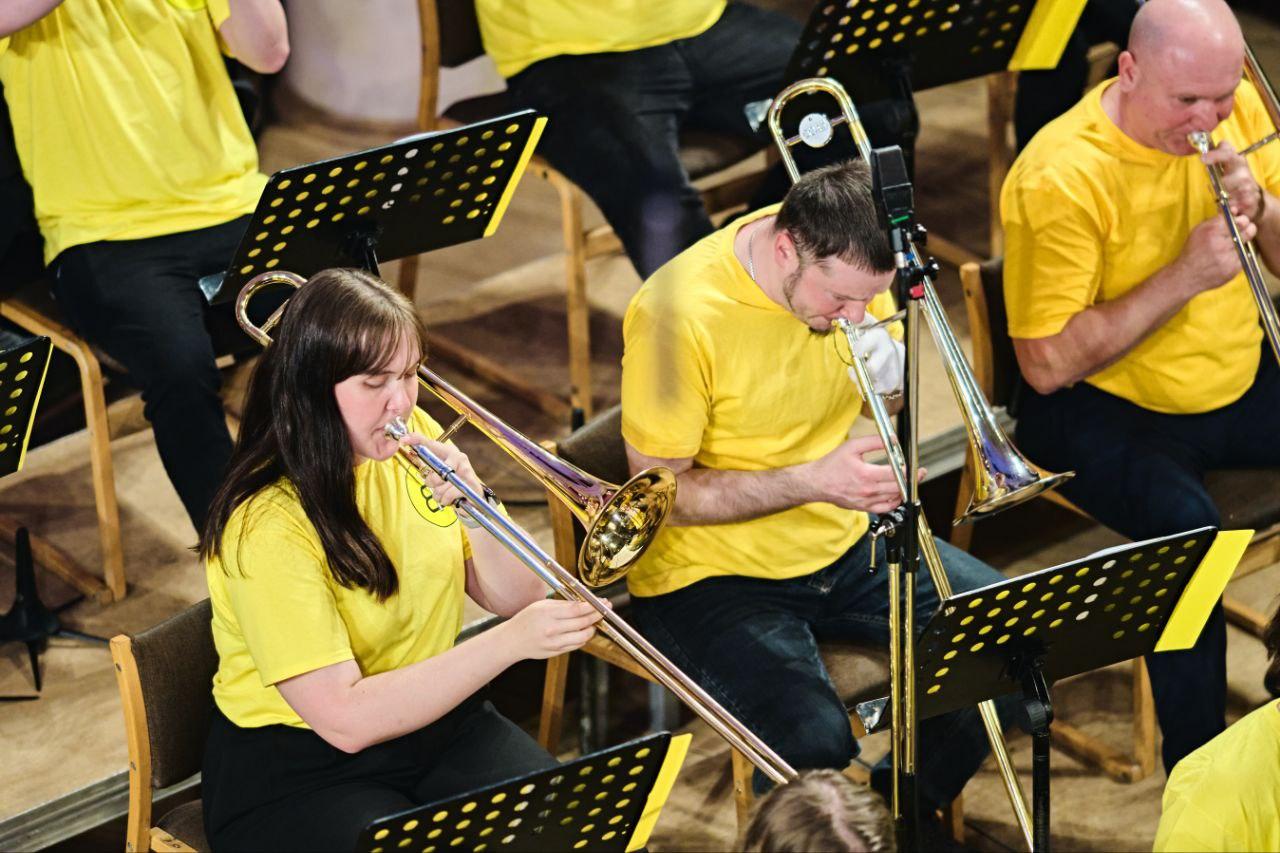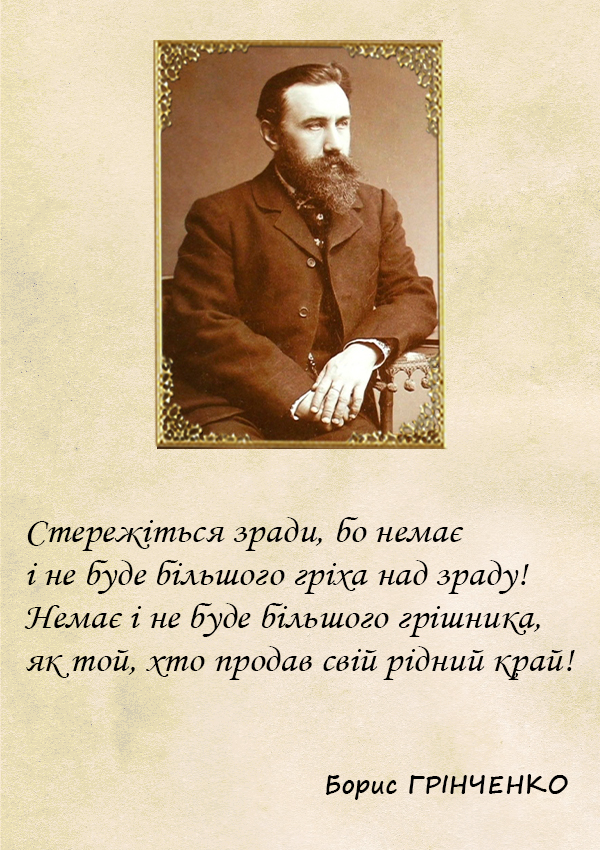
(opinion article)
In the glittering orchestra, amidst the virtuosic violins and the regal trumpets, there sits an instrument often relegated to the background: the trombone. But to dismiss the trombone as a mere supporting act is to misunderstand its profound and versatile role in the musician’s industry. The trombone is not just a bronze blunderbuss; it’s a cunning chameleon, capable of shaping and shifting the very essence of music.
As a passionate admirer of this instrument (not to mention I’ve played it for half of my life), it’s sometimes disheartening to hear people dismissively claim that this incredible instrument doesn’t play an important role in the overall sound of an orchestra, band, or ensemble. Just listen to the songs of well-known Ukrainian artists like Artem Pivovarov, Zhadan і Sobaky, ONUKA — in their compositions, you can hear the beautiful melody of this wonderful instrument ringing out.
Imagine an orchestra without the trombone’s rich, sonorous voice. The melodies might lack depth, the harmonies would feel hollow. The trombone acts as the bridge between the bright highs of the violins and the low rumble of the cellos, weaving a tapestry of sound that is both powerful and nuanced. It’s the baritone of the brass section, capable of soaring pronouncements and soulful sighs.
Think of a jazz ensemble swinging to a bluesy tune. The trombone, with its playful glissandos and sultry growls, adds a touch of whimsy and grit. It can effortlessly shift from comedic riffs to heart-wrenching solos, its adaptability a testament to the instrument’s expressive range. Unlike its more flamboyant cousin, the trumpet, the trombone possesses a certain understated coolness. It’s the instrument for the musician who craves subtlety over showmanship, who finds beauty in the power of suggestion.
Furthermore, the trombone’s technical demands are no less formidable than any other instrument. The slide, its defining feature, requires a delicate touch and a keen ear. A skilled trombonist can navigate chromatic passages at lightning speed, his or her fingers dancing across the slide with an almost balletic grace. Mastering the trombone is a journey of dedication and discipline, a testament to the musician’s unwavering commitment to their craft.
The trombone is more than just metal and air; it’s a conduit for human emotion. It can bellow with triumphant joy or weep with melancholic despair. In the hands of a virtuoso, it becomes a storyteller, weaving tales of love and loss, of triumph and tragedy.
So next time you hear an orchestra, don’t let the gleam of the trumpets or the song of the violins distract you. Listen closely, and you’ll hear the subtle magic of the trombone, the unsung hero of the musician’s industry, holding the entire soundscape together with its versatile and expressive voice.


























































Залишити відповідь